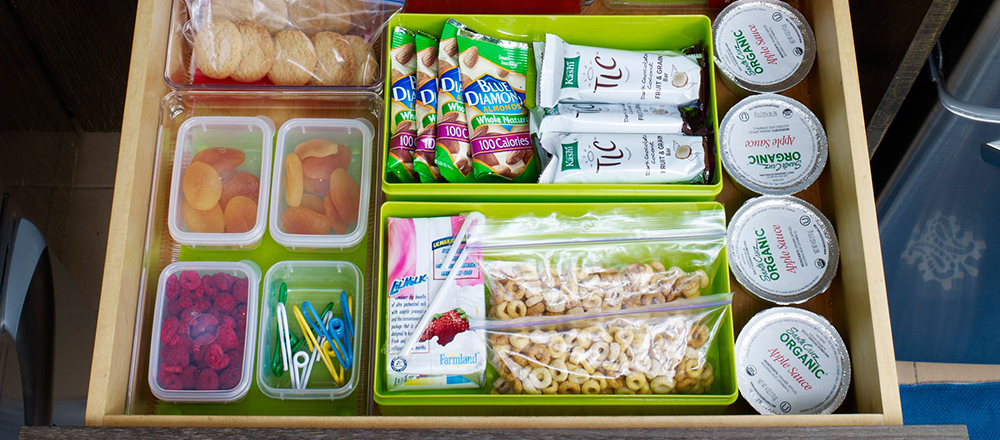Eat Well for Better Mental Health
September 5, 2023By: Dayane Parker
Categories: Nutrition, Spiritual Wellness, Your Wellness

A balanced diet and nutrition play huge roles in mental and physical health. Researchers have found a connection between our digestive system and brain function. With trillions of good and bad gut bacteria that can impact our emotions, the yin and yang of our brain-gut connection may need a reset.
Our bodies need good bacteria to keep our digestive system healthy. Sometimes the bad bacteria outweigh the good, especially when we eat excess sugar, fast food, trans fats and ultra-processed foods. This can cause gut inflammation and mood changes as well as increase the risk for mental health disorders.
Research on the brain-gut connection led to the development of nutritional psychiatry, which uses nutrition to improve brain health as well as treat and prevent mental health disorders. A few years ago, Nutritional Psychiatrist Drew Ramsey, MD, studied key nutrients that affect mood and mental health to uncover which foods packed the greatest antidepressant nutrient density punch. He explained the density with an Antidepressant Food Score. This score helped him pinpoint the best foods for reducing mood disorder symptoms.
Key Nutrients
We know of 34 nutrients our bodies need, but Ramsey found only 12 help prevent and treat symptoms of mood disorders.
Nutrition Counseling
Healthy eating and proper nutrition play a big part in maintaining good health. Our registered dietitians work with you to set realistic and achievable goals.
- Folate (vitamin B9)
- Iron
- Magnesium
- Omega-3 fatty acids
- Potassium
- Selenium
- Thiamine (vitamin B1)
- Vitamin A
- Vitamin B6
- Vitamin B12
- Vitamin C
- Zinc
Nutrient-Dense Foods
Foods rich in these nutrients have been shown to reduce symptoms of mood disorders. Along with eating key nutrients, it’s important to eat plenty of probiotics to improve gut health and, in turn, improve mental health.
- Fermented foods like kimchi and pickles contain probiotics and bacteria with health benefits.
- Fresh herbs such as basil, cilantro and parsley contain a lot of vitamins A, C and E.
- Leafy greens like kale, lettuce and spinach are rich in B vitamins, iron, magnesium, vitamins A and E, and zinc.
- Nuts and seeds have magnesium, omega-3 fatty acids, selenium and zinc.
- Seafood like clams and oysters are rich in B vitamins, iron, magnesium and omega-3 fatty acids and zinc.
Find More Help
Keep in mind that these nutrients and foods are a small part of a successful treatment plan for mental health disorders. Good sleep habits, regular exercise and professional help all factor into your mental health, among other things.
If you think you have symptoms of a mood disorder, talk with your doctor to create a treatment plan that works for you.
Following a healthy diet isn’t easy. Nutrition counseling with our registered dietitians can help you set and achieve your goals of eating healthy for improved mental health. Learn more about the nutrition counseling services we offer.
Related Reading
Brain-Boosting Foods
The Mediterranean Diet: A Classic Diet That Packs a Big Punch
What You Need to Know About Dietary Supplements



